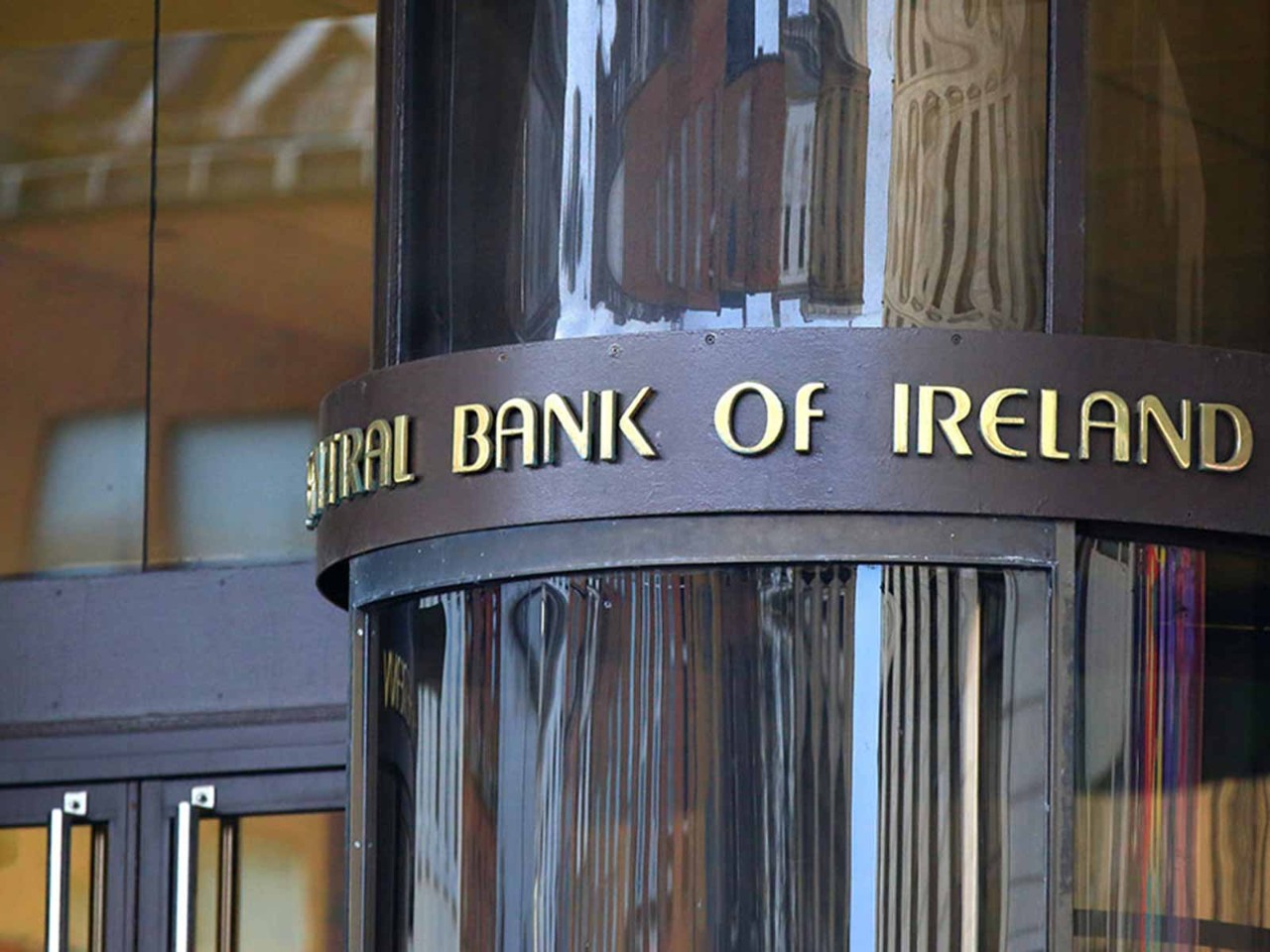The Criminal Justice (Money Laundering and Terrorist Financing) (Amendment) Act 2021 was passed on 18 March. The AML legislation is now described, for the purposes of engagement letters, as the Criminal Justice (Money Laundering and Terrorist Financing) Acts 2010 to 2021.
The legislation brings virtual asset service providers in scope of AML supervision. These are, for example, providers of virtual currency exchanges and virtual wallets or companies that will exchange virtual currency – such as bitcoin – for fiat/real currency.
There are a considerable number of requirements for virtual asset providers, set out in Chapter 9A of the act, including registration with the Central Bank and a requirement for the principal officers to be fit and proper.
The requirement to register with the Central Bank will disallow virtual asset service providers from availing of audit exemption. They will also be classed as non-small, for accounting and company law purposes.
Definitions extended
The new legislation extends the designation of 'tax advisers' to 'tax adviser or any other person whose principal business or professional activity is to provide, directly or by means of other persons to which that other person is related, material aid, assistance or advice on tax matters'.
The definition of property service provider has been extended to include where the monthly rent roll is more than €10,000
The definition of property service provider has also been extended to include the letting of property where the monthly rent roll is more than €10,000. Art dealers, galleries, auction houses, storers or those trading in art are also brought in scope where transactions or linked transactions will exceed €10,000.
The act tightens up the regulations regarding the identification of beneficial owners of trusts and restricts banks from dealing with such trusts until their beneficial ownership information is added to the register of beneficial ownership.
In an extension of the supervision that must be undertaken, the new legislation now specifically requires accountants and other designated persons to 'examine the background and purpose of all transactions that – (a) are complex, (b) are unusually large, (c) are conducted in an unusual pattern, or (d) do not have an apparent economic or lawful purpose'. This is a more explicit requirement compared to the previous legislation.
The act also provides enhanced customer due diligence measures, which are required when dealing with a customer established or residing in a high-risk country.
The period of enhanced supervision of politically exposed persons is also extended to 'as long as is reasonably required to take into account the continuing risk posed by that person'.
Digital options
Electronic money providers – for example, One4all gift cards – now need to carry out customer identification for cards with a value of more than €150 (previously €250 or €500). This means that somebody receiving a card with a value over €150 will need to go through a remote customer identification procedure using a smartphone to confirm their identity prior to being able to use the card.
The tightening up in this area is probably a response to the relatively small amount of money it takes to finance terrorism and the use of such cards by terrorists in other EU countries.
Competent authorities (such as professional accounting bodies, the Legal Services Regulatory Authority and the Property Services Regulatory Authority) are obliged to put in place 'effective and reliable mechanisms to encourage the reporting of potential and actual breaches of this Act' and provide a channel for the reporting of such breaches.
For the avoidance of doubt, suspicious transaction reports will not be made via this new reporting mechanism; it will be used by, for example, staff in a practice who are concerned that the practice is not enforcing the AML rules properly, who will report this breach to ACCA directly.
This is similar to the European Union (Money Laundering and Terrorist Financing) Regulations 2019, which introduced a requirement for designated persons to have in place 'appropriate procedures' for their employees to report internal contraventions of AML requirements.





